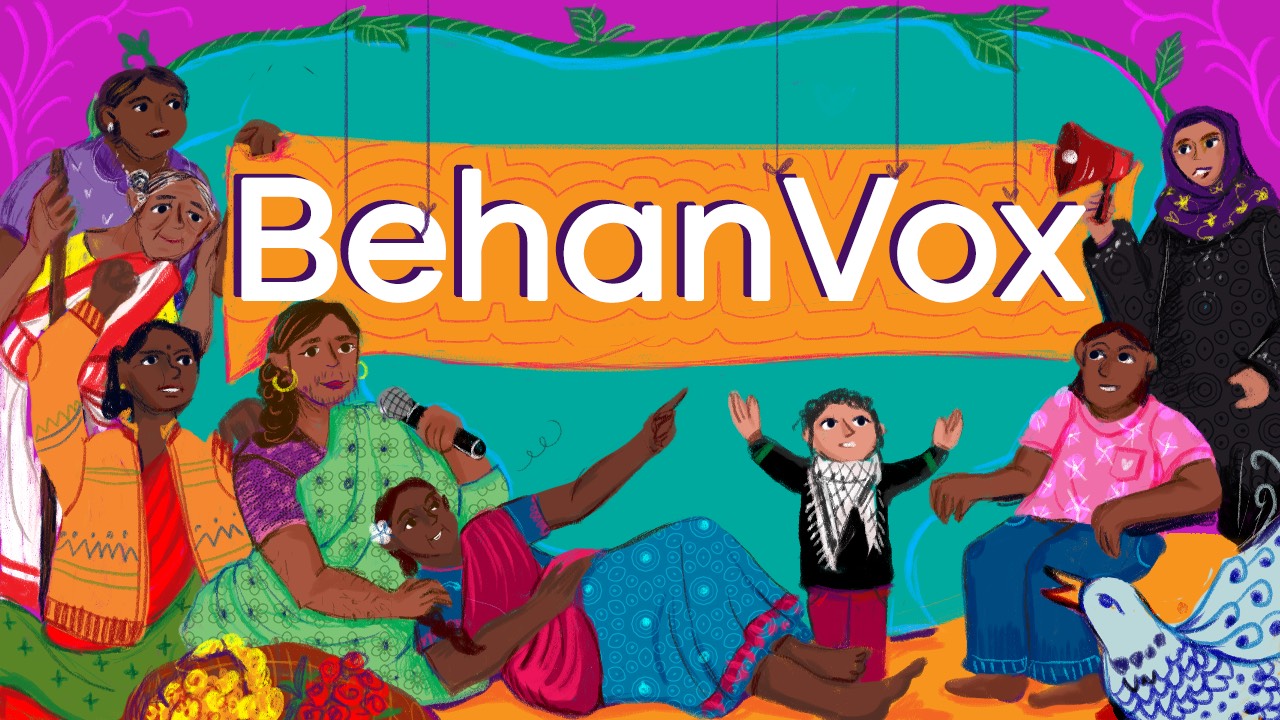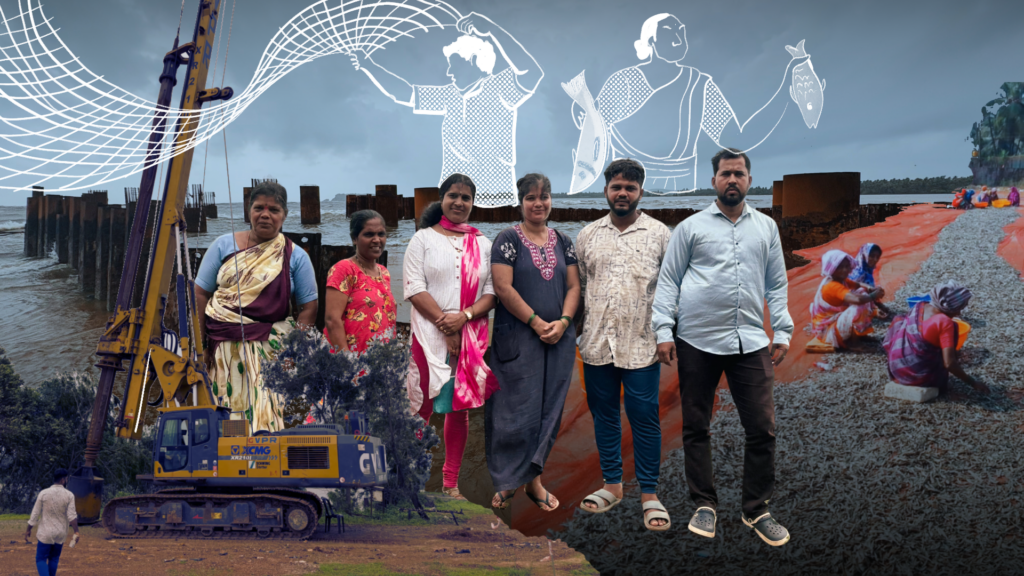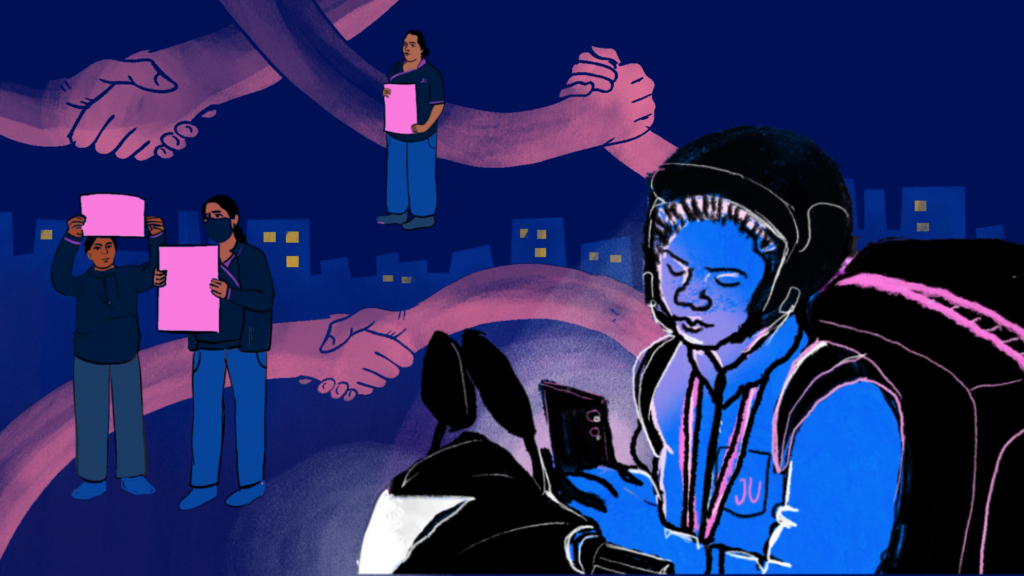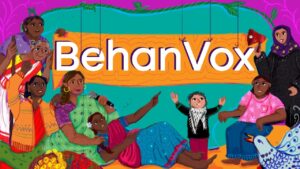In the first part of her indepth reportage on why gig workers are finding it hard to unionise, Saumya Kalia had reported on the many challenges that solidarity networks are facing in an economy that is scattered and ever shifting. This week, in the concluding part of the series, she takes a close look at how gender and caste add an extra dimension to this struggle.
Women workers, she finds, have to constantly negotiate for time, space and personal freedom. Caught in the merciless cycle of care work and mostly home based gig work, they simply do not have enough opportunities or places to share their concerns with each other. Often single earners in their families, they need the income desperately enough to fear reprisal.
On calls, Nisha, an organiser with the Gig and Platform Service Workers’ Union (GIPSWU), says she has heard husbands or her in-laws discouraging women audibly: “Chup chaap kaam karne ka, lafdon mein nahin padhne ka (don’t get into trouble).”
In families, where both the husband and wife are involved in platform work, the man’s participation is seen as enough. Even inside union WhatsApp groups, women are inhibited by the use of swear words, aggression or simply a lack of familiarity.
Nisha says it needs patience to cajole the women to join. She herself had to face stiff family opposition to join GIPSWU. But when women do agree to give her a hearing, she explains how commission slabs have changed post pandemic and rising product costs have shrunk their earnings.
Even today, young union movements, like their predecessors, tend to be male-dominated, shaped around men’s work, their time, their priorities. Unpaid care work, family norms, and now gendered gigs in digitally scattered platforms keep women from fully and freely participating.
“We have to rebuild the whole movement – find a way to reimagine how we organise and build narratives to challenge digital patriarchy and digital capitalism,” says Chandan Kumar, who organises with GIPSWU.
Read our story here.






